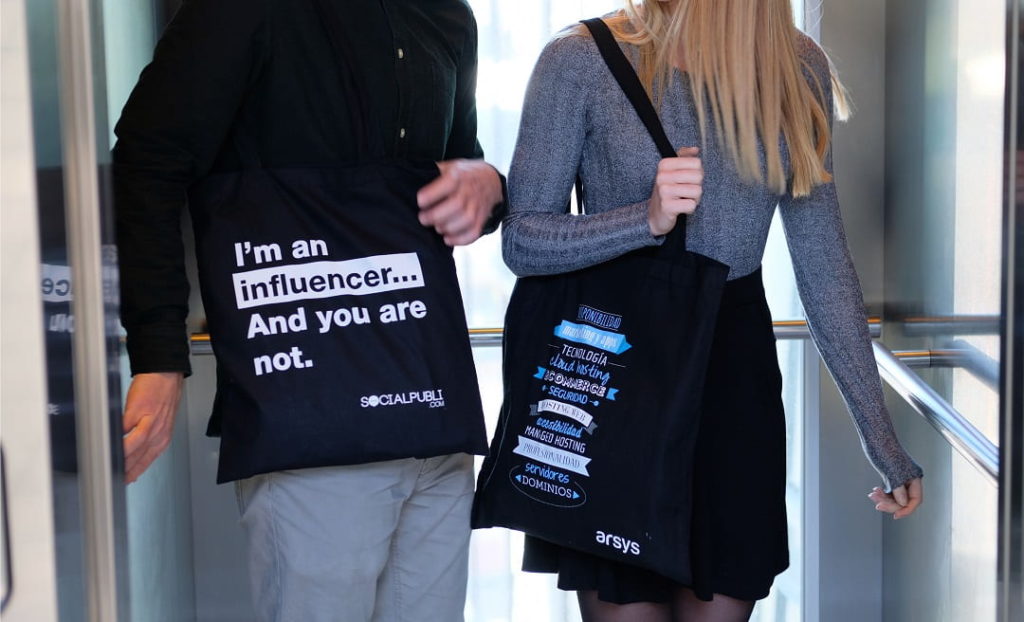
As awareness around environmental issues continues to grow, fabric bags have become a go-to choice for many individuals and businesses. Durable, reusable, and packed with promotional potential, they’re ideal for a wide range of uses – from grocery shopping to giveaways at trade shows and corporate events.
These fabric bags are highly valued as marketing tools thanks to their practicality and the brand visibility they offer. They’re used daily, typically cost-effective, and provide a large surface area for customisation – perfect for displaying a logo in a bold and eye-catching way.
But not all fabric bags are created equal. There’s a wide variety of styles and materials, each with its characteristics. Our Gift Campaign catalogue alone includes nearly 200 different options. Let’s take a closer look at some of the most popular types.
Cotton Bags
A firm favourite among our fabric bags, cotton bags are popular due to their natural look and comfortable feel. Soft yet sturdy, they’re available in an array of colours, sizes and styles – from long or short handles to mesh designs, drawstring closures, or added pockets.
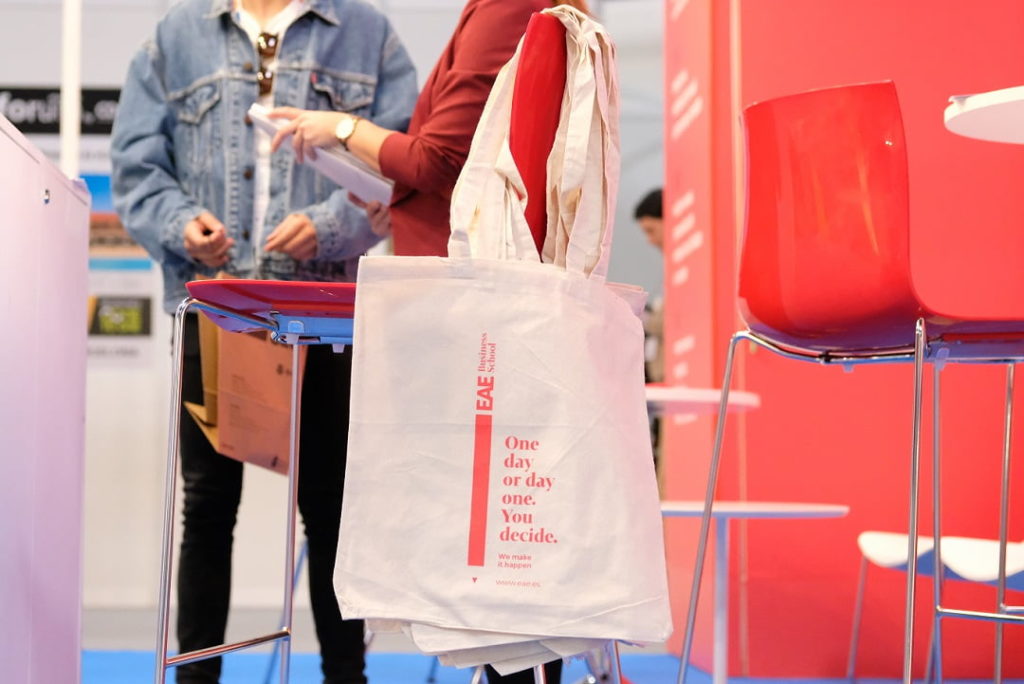
Because of this, they’re often handed out at events and trade fairs, sometimes even used as packaging for other branded gifts. With great printing potential, they can easily reflect your brand identity and values with full coherence.
Cotton bags can also be washed and reused, making them a hygienic and sustainable choice.
Non-Woven Bags
Also known as non-woven polypropylene, this synthetic material is made from pressed fibres that mimic the texture of fabric. During production, heat or pressure bonds the fibres together, preventing fraying over time.
Lightweight and cost-effective, non-woven bags are ideal for bulk orders, although they are generally less durable than other options.
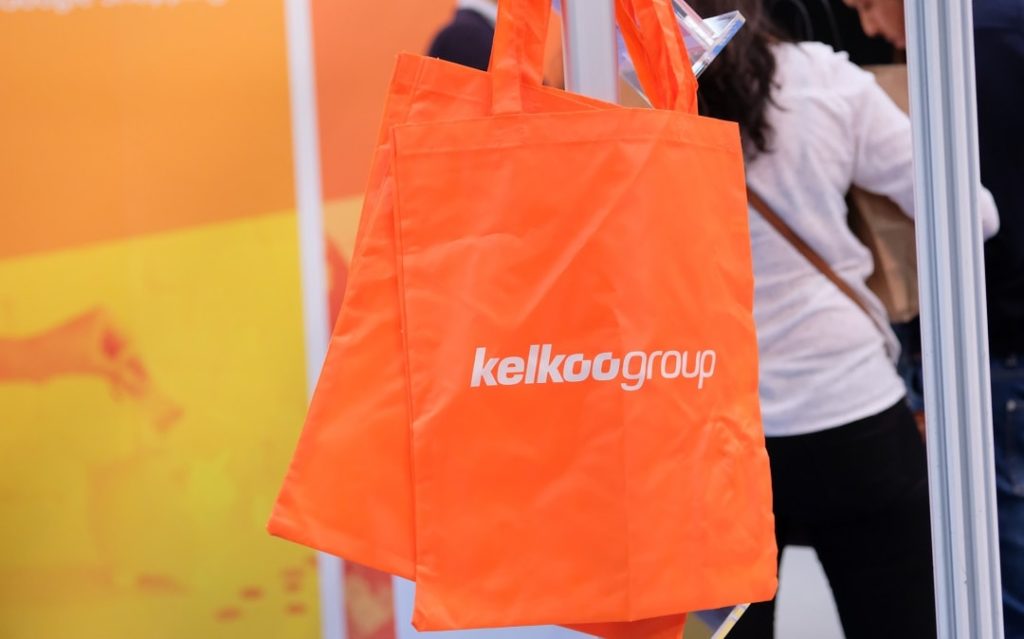
They’re also great for printing colourful logos, making them a popular choice for trade shows, events, or promotional retail bags.
Jute Bags
Jute is a tough, natural fibre with a rustic yet refined appearance, often associated with sustainability, authenticity and craftsmanship.
It’s woven from threads derived from jute plants, resulting in a bag that’s more rigid than cotton alternatives. As a 100% natural, recyclable and biodegradable material, it helps reduce environmental impact both during production and disposal.
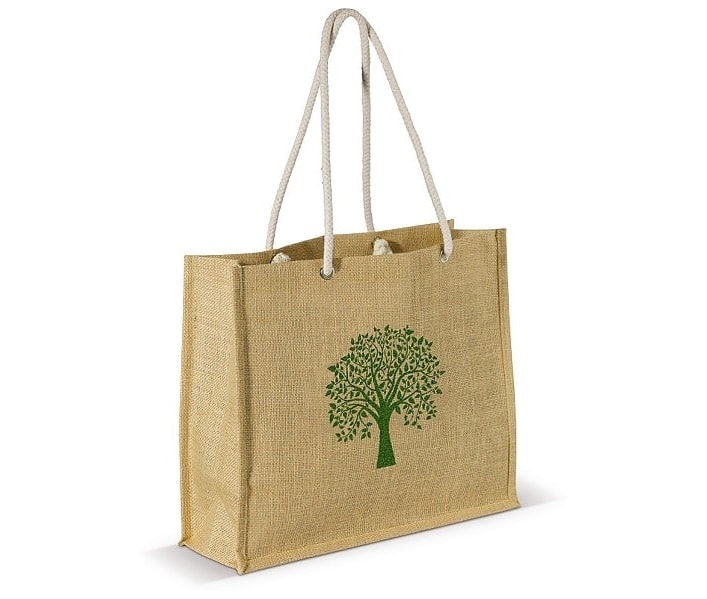
These bags typically come in earthy tones like brown or beige and are extremely strong. However, they are generally more expensive than cotton bags.
They offer similar printing options and are ideal for businesses wanting to convey eco-friendly values stylishly.
Recycled Plastic Bags (RPET)
Made from recycled plastic bottles, RPET bags combine durability with a powerful environmental message. They have a modern and sustainable appeal and are built to last.
RPET bags are perfect for eco-conscious campaigns, CSR initiatives, green shops or corporate events focused on sustainability.
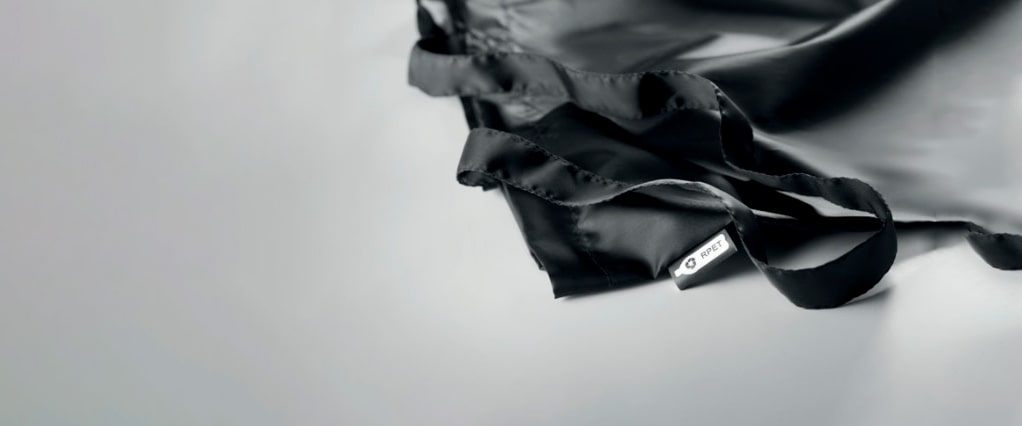
They’re also easy to print on, making them great for raising brand awareness with every use.
Bamboo and Wheat Straw Fibre Bags
Bamboo and wheat straw are plant-based fibres gaining popularity as alternatives to plastic and traditional cotton. These materials are renewable and biodegradable, offering a soft texture and natural appearance.
They lend an innovative, modern image to any brand using them and are fully customisable.
Polyester Bags
No overview of bag materials would be complete without polyester – a synthetic resin derived from petroleum. The result is a hard-wearing, budget-friendly material that’s easy to fold, highly resistant to wear and tear, and simple to customise with various printing techniques.
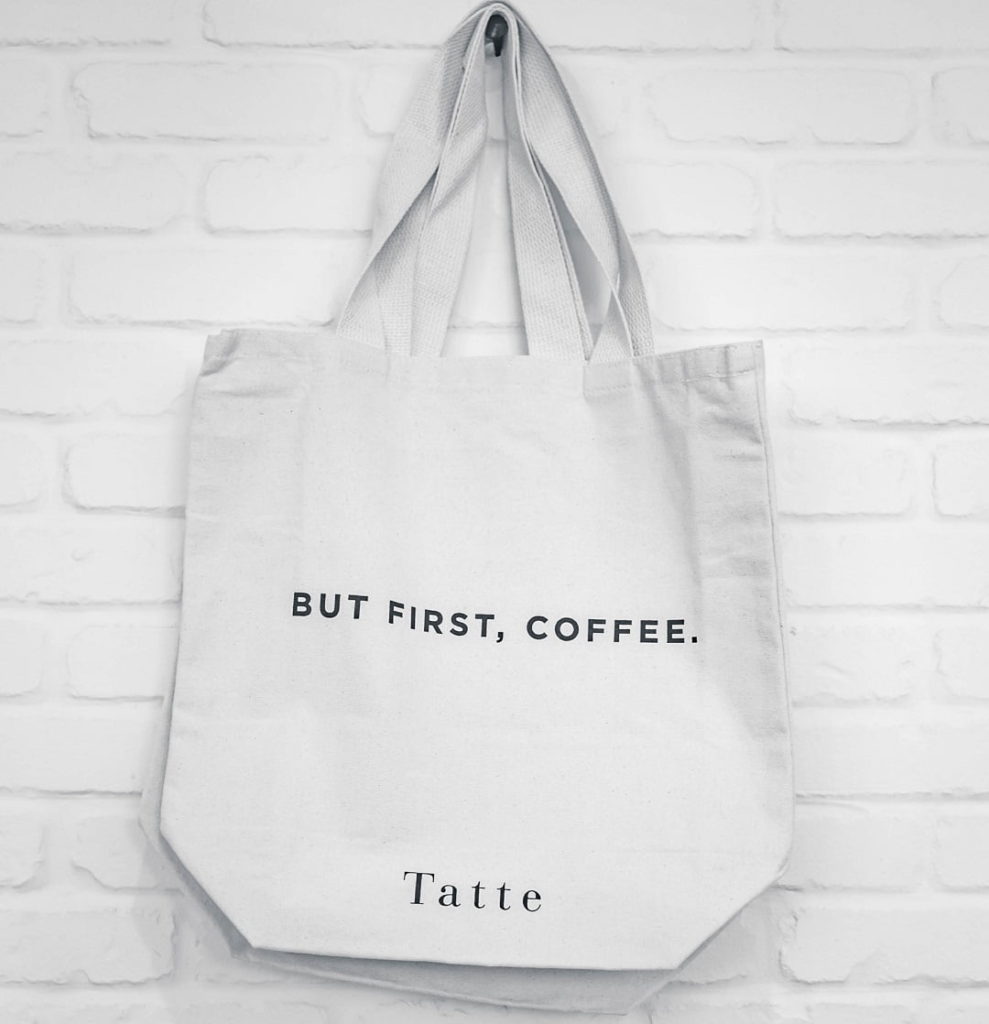
Polyester is moisture-resistant and often blended with other fabrics like cotton. While it’s not biodegradable, it is recyclable, and many polyester bags today are made from recycled materials.
Felt Bags
Felt is produced by pressing layers of wool or hair fibres using steam and pressure, rather than weaving. Its main advantage is that it can be easily moulded into different shapes, such as stylish promotional bags.
Felt is durable, refined, and resistant to wear. It also works well with printing and laser engraving, making it a premium material for branded accessories.
What’s more, it can be made using recycled polyester, boosting your brand’s eco credentials even further.
Material Comparison Table
As you can see, there’s a wide variety of options to suit different needs. Looking for something classic and natural? Go with cotton. Need something tougher and more rigid, even if it’s pricier? Jute might be the answer. Want to promote a green image? Consider bamboo fibre or RPET.
To help you decide, we’ve put together this comparison table:
| Material | Source | Advantages | Disadvantages | Common Uses |
|---|---|---|---|---|
| Cotton | Natural (plant fibre) | Biodegradable, washable, durable, great print quality | Higher cost than some alternatives | Shopping, trade fairs, eco-friendly shops |
| Non-woven | Synthetic (pressed PP) | Affordable, lightweight, customisable, good value | Not biodegradable, less durable | Events, conferences, large-scale promotions |
| Jute | Natural (coarse plant fibre) | Eco-friendly, strong, rustic/premium look | Less versatile for printing, rougher texture | Sustainable packaging, corporate gifts, gourmet products |
| RPET | Synthetic (recycled plastic) | Reuses waste, durable, modern eco image | Not biodegradable, more complex recycling process | Eco campaigns, sustainable shops |
| Bamboo & Wheat Straw | Natural (plant fibres) | Innovative, biodegradable, soft, attractive | Less common, lower availability | Sustainable merchandise, eco trade shows |
| Polyester | Synthetic | Very durable, wide range of styles/colours, foldable | Not biodegradable, less eco-friendly (unless recycled) | Promotional rucksacks, sports bags, foldable bags |
| Felt | Synthetic or recycled | Robust, stylish, high-end feel, great for printing/engraving | Heavier, not always eco-friendly | Corporate bags, executive gifts, document holders |